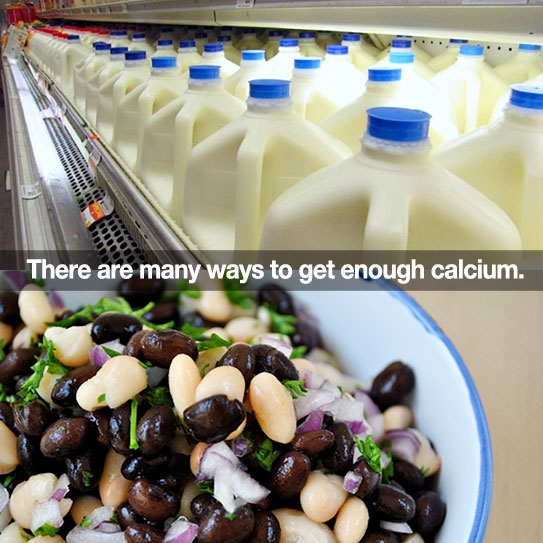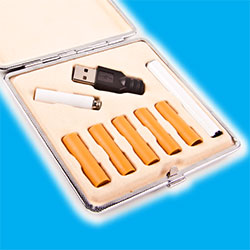
ARE YOU GETTING ENOUGH CALCIUM? Think about your nutrition habits, and the habits of those you love and care for. Daily calcium intake is critical to great oral and whole body health.
Adults Require 1,000 mg Per Day
The most well-known calcium source is milk. About three cups provides 1,000 mg. But if milk’s not your favorite, don’t sweat it! Calcium is also found in leafy greens, seeds, nuts, and other great foods. Here are some high-calcium foods, and how much of each you’d need to eat to get 1,000 mg.
- 1-1/4 cups of sesame seeds
- 5 cups of white beans
- 2 cups fortified orange juice
- 2 cans of salmon
- 1 cup of tofu
- 2-1/2 cups of almonds
- 5 cups of spinach
Obviously, you’ll want to mix and match each day. Very few people eat a whole cup of sesame seeds!
Here are the daily calcium amounts recommended by the National Institutes of Health:
Know What Nutrition Labels Mean!
We see these labels all the time! But do you know how to benefit from that information? Most people don’t. Take a minute to watch this video:
Calcium Deficiency Affects Your Whole Body
Calcium fortifies our teeth against decay. It also helps our nerves, blood vessels, and bones work properly. Improper calcium intake can lead to muscle cramps, abnormal heart rhythms, and lethargy. However, the most common and severe side effect is osteoporosis.
Many people know that osteoporosis increases the risk of broken bones. It can also greatly increase our risk of tooth loss! Our jawbone anchors our teeth, and if the jawbone isn’t strong, teeth can become unstable. In fact, people with osteoporosis are three times more likely to lose teeth than those with healthy bones.
Take a few minutes to learn how calcium affects your bones:
Do You Have Any Tips For Getting Sufficient Calcium?
Let us know! Leave a comment below, or on our Facebook page. We love hearing from you!
Thanks for the trust you place in our practice.
We appreciate having you as our valued patient and friend. Please share this information with others!

























